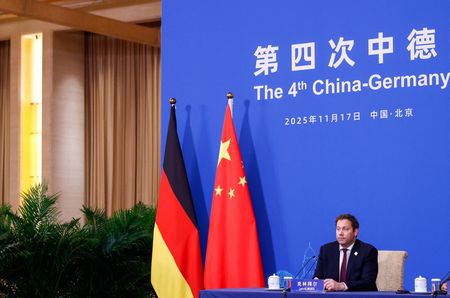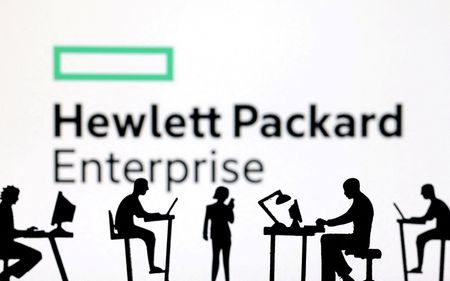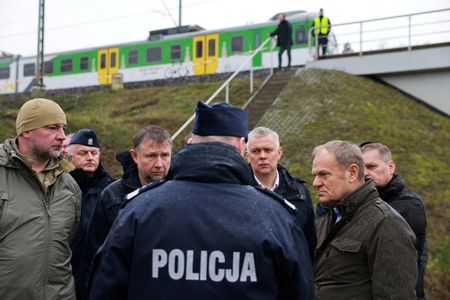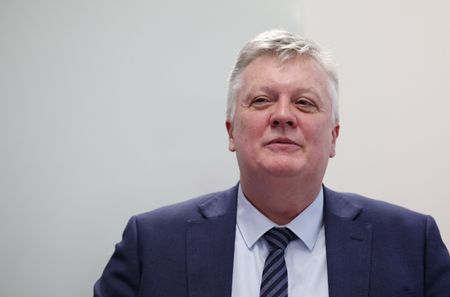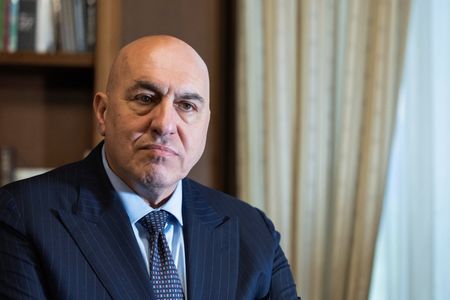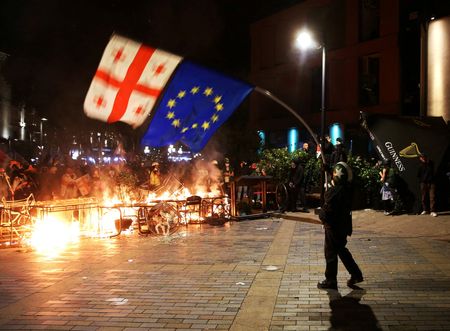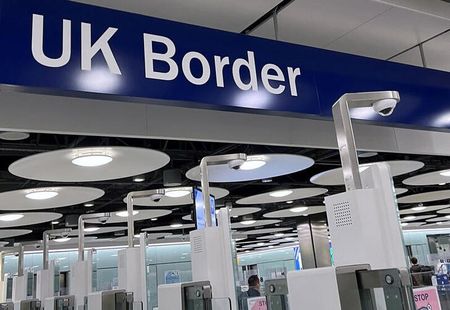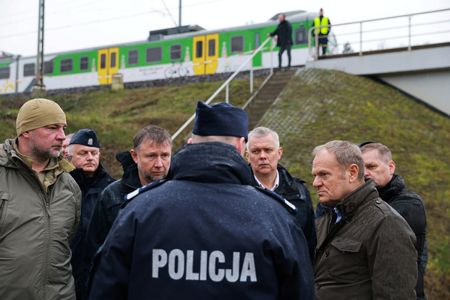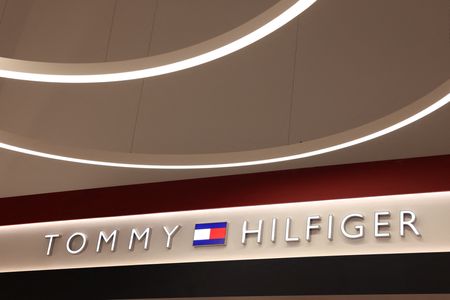By Maria Martinez
BEIJING (Reuters) -German Finance Minister Lars Klingbeil discussed overcapacity in China on Tuesday during a visit to Beijing and said the European Union would act if a solution was not found.
“I made it clear that, if necessary, decisions will be made at the European level to better protect our markets,” Klingbeil said. “I’d like to avoid that, but in the end, Europeans — and we Germans — must not be the ones left behind.”
Klingbeil is in China on a visit intended to strengthen commercial ties with Beijing while assuaging trade tensions and concerns over Germany’s industrial sector.
On the second day of his trip, Klingbeil again discussed Chinese overcapacity as well as German-Chinese cooperation in multilateral organisations and Russia’s war in Ukraine.
Asked about EU divisions on relations with China, Klingbeil said coordination among European countries was key, and that he had liaised with his colleagues in the bloc before his trip.
“It’s crucial that Europe, where we have a lot of common ground, doesn’t present different voices and positions in China,” Klingbeil said.
CHINA AND GERMANY DISCUSS RARE EARTHS TENSIONS
Ties between the two industrial powerhouses have been strained, in particular over Chinese export curbs on chips and rare earths that have caused major disruptions for German firms.
Germany must diversify its supply chains to avoid disruption in the sourcing of rare earth minerals, he said, although he said the Chinese side gave him clear assurances about reliable access on Monday.
“Still, I want to stress: We need to do our homework in Germany,” said Klingbeil.
Klingbeil arrived in Beijing less than a week after Germany’s parliament appointed an expert commission to rethink trade policy toward China.
He also addressed Chinese overcapacity in sectors such as steel, solar and electric mobility on the first day of his trip on Monday, during talks at the China-Germany Financial Dialogue, an event held every two years for officials and corporate executives from the two countries to exchange views.
WAR IN UKRAINE
As on the first day, no ground was gained on discussions about the war in Ukraine.
“If I was sitting in Beijing, I would ask: what has Europe done to impose material costs for our support of Russia? And the answer is basically nothing,” said Jacob Gunter, head of the economy and industry program at the MERICS think tank.
Chinese officials complained about the EU placing two Chinese financial institutions on a Russia-related sanctions list. China has previously said the EU’s accusations against the two banks were “groundless”.
“China should use its influence on Russia to send (Russian President Vladimir) Putin an unmistakable signal that he must stop this war,” Klingbeil said.
Addressing cooperation on climate issues, he said all countries share responsibility.
“The Chinese side made it clear that they take the Paris Climate Agreement (on limiting global warming) seriously and will not withdraw from it, unlike other nations,” Klingbeil said, referring to the U.S. withdrawal.
(Reporting by Maria Martinez, Editing by Madeline Chambers and Timothy Heritage)

